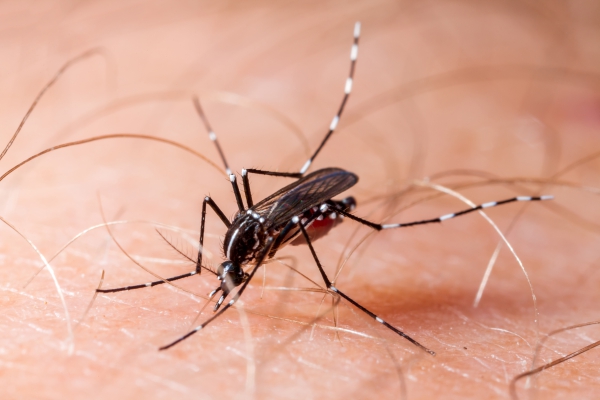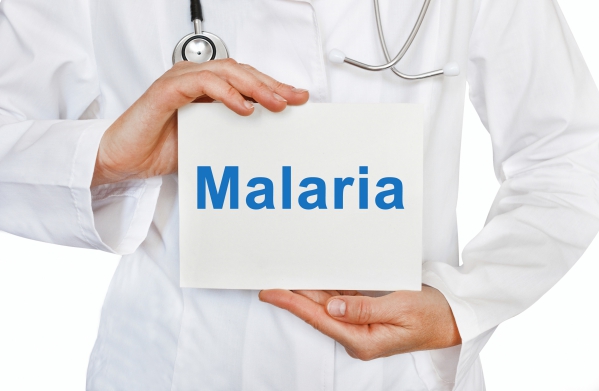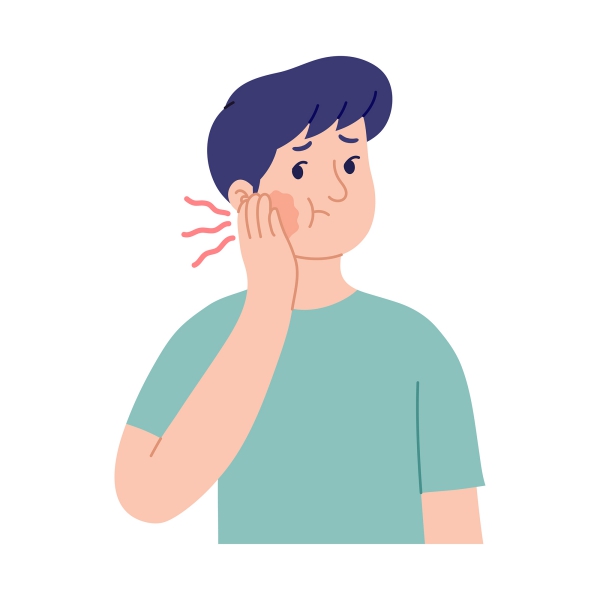What is Chikungunya?
Chikungunya is an infectious disease caused by a virus that is transmitted through mosquito bites. It is characterized by an acute illness with fever, joint pain and skin rash amongst other symptoms. The name “Chikungunya” is derived from Swahili meaning “to bend over” referring to the characteristic “stooped-over posture” once you are affected.
Frequent outbreaks of the disease occur in tropical countries of Africa and Southeast Asia. The disease is endemic in parts of West Africa. However, with time, more cases around the world have been reported. Outbreaks tend to occur most commonly during rainy season and decrease in dry seasons.
How is Chikungunya transmitted?
Chikungunya is a virus that is transmitted through mainly mosquito bites. When a mosquito bites an infected person, it becomes infected too. It then bites a healthy individual which leads to the transmission of the virus. The cycle of chikungunya involves humans, mosquitoes (mainly Aedes) and animals. Aedes mosquitoes mostly bite during the day as well as at night. The same mosquitoes transmit other diseases such as Zika and dengue virus. The virus spreads from one country to another when an infected individual travels to another country.
Other mechanisms through which the virus can be transmitted from one person to another includes:
- Blood transfusions and organ transplantations: Rare cases of transmission of the disease via blood products have been reported in some countries. Even if no transmission through organ transplantation has occurred yet, it is theoretically completely possible.
- Maternal-fetal transmission: If a pregnant woman is infected with chikungunya, the disease can be transmitted to the baby, especially if the infection occurs two days before delivery. Transmission through breastfeeding has not yet been reported.

Once the virus enters your body, it travels through your blood and fever starts within a few days. It then travels to your joints where they multiply.
What are the symptoms of chikungunya?
Once you have been infected, symptoms begin to appear 3-7 days later. The first symptoms to manifest are fever and malaise. The acute phase of the disease usually last for 7 to 10 days. Muscular and joint symptoms tend to persist for a longer time. Symptoms of chikungunya include the following:
- Joint pain: Joint pain is the most prominent symptom in chikungunya and it is usually the first symptom to appear in the majority of patients. In some people, the joint pain may be associated with joint swelling. The symptoms begin in one or two joints but eventually progresses to several joints within one or two days. The joint pain is usually affects both sides of the body symmetrically. The joint pain can be severe and debilitating sometimes making you bedridden.
- Skin involvement: In many people, a rash has been observed on their skin usually 3 days after the onset of the disease. It usually starts on the extremities and the trunk, with or without the involvement of the face. It can also be associated with itchiness.
- Other symptoms: Some people may experience the following symptoms: headache muscular pain, puffiness of the face, reddened eyes and abdominal symptoms.


How is the diagnosis of chikungunya made?
To make the diagnosis of chikungunya, your doctor will start by taking a detailed history from you, focusing on your history of exposure to mosquito bites or history of recent travel abroad. He/she will then proceed with a thorough physical examination. To confirm the diagnosis, blood tests should be done to detect for the presence of the virus in the blood. Blood tests can also be used to rule out other infectious diseases such as dengue as they can mimic each other.
How is chikungunya treated?
Even if chikungunya is caused by a virus, there is no specific antiviral that is used for the treatment of the disease. Management of chikungunya is mainly supportive, that is to relieve symptoms, including rest, plenty of fluids and medications (including anti-inflammatory and analgesics). The following medications are helpful in relieving fever and joint pain:
- Naproxen
- Ibuprofen
- Acetaminophen
In those who do not respond to the above medications, glucocorticoids such as prednisone is usually prescribed. Those with chronic joint pain (more than 3 months after initial infection) may need disease-modifying anti-rheumatic drugs (DMARDs) including methotrexate or sulfasalazine.

How can chikungunya be prevented?
The main step to prevent the transmission of chikungunya is to protect from mosquito bites. This involves physical protection or elimination of mosquitoes. It is advised to eliminate all possible breeding sites of mosquitoes. This includes areas or containers accumulating stagnant water. Mosquito repellents, mosquito nets, and wearing clothes that cover most of your body are also effective against mosquito bites.

What are the possible complications of chikungunya?
Complications from chikungunya usually occurs in the elderly and those with chronic medical conditions. Some complications include:
- Respiratory failure
- Cardiovascular complications
- Inflammation of the liver
- Kidney failure
- Excessive bleeding
- Neurologic complications
- Chronic joint pain
Prognosis
Chikungunya is usually a self-limiting disease rarely resulting in complications. Death mostly occurs among elderly people, infants and those who have other medical conditions or diseases. Chronic joint pain can lead to long-term debilitation and loss of work. This can result in an economic burden.
Source:
Wilson, M, Lenschow, D, Miner, J., 2020. Chikungunya fever: Epidemiology, clinical manifestations, and diagnosis
Wilson, M, Lenschow, D, Miner, J., 2020. Chikungunya fever: Treatment and prevention
Breisch, N., 2020. Prevention of arthropod and insect bites: Repellents and other measures
Natesan, S., 2019. Chikungunya Virus Treatment & Management









